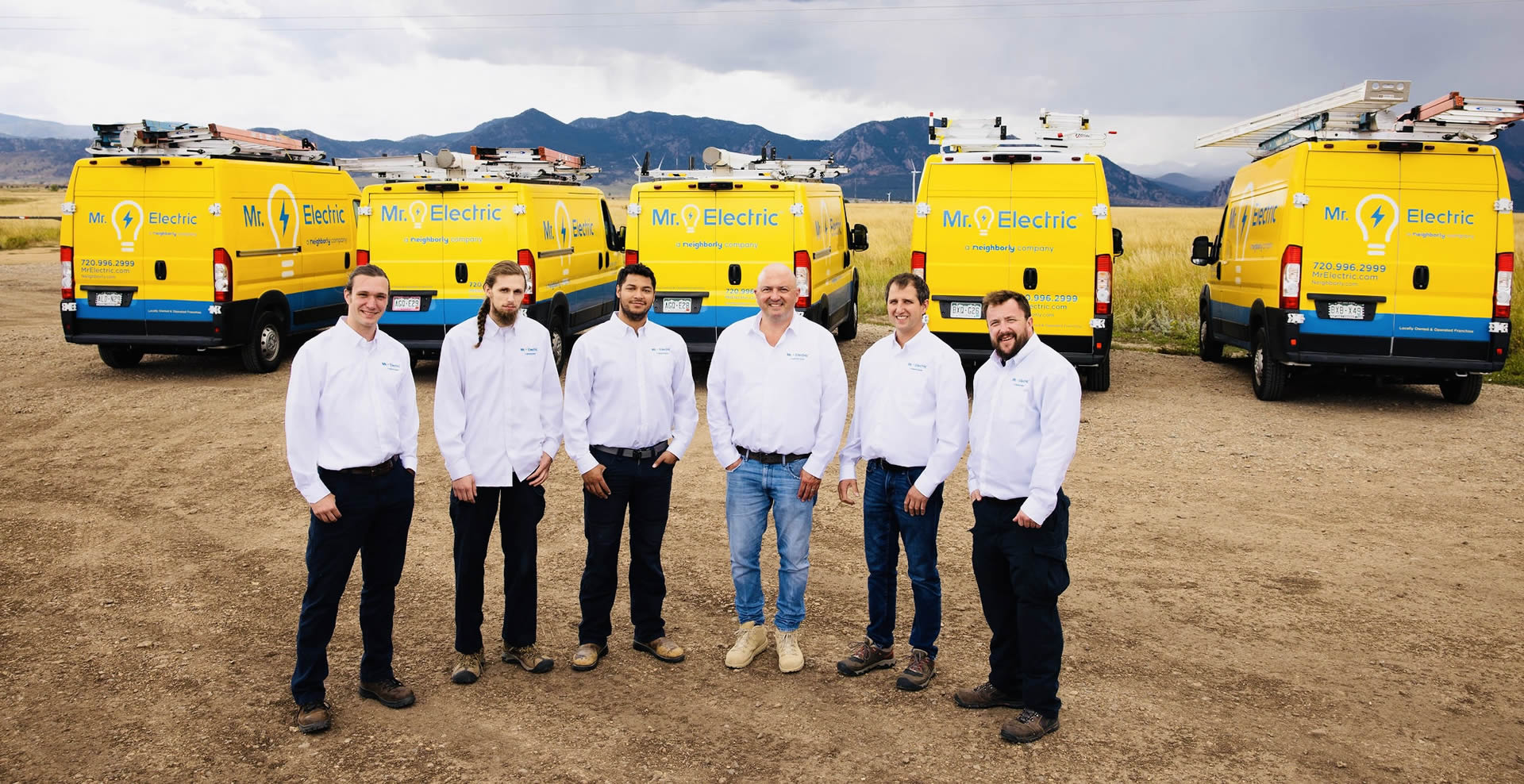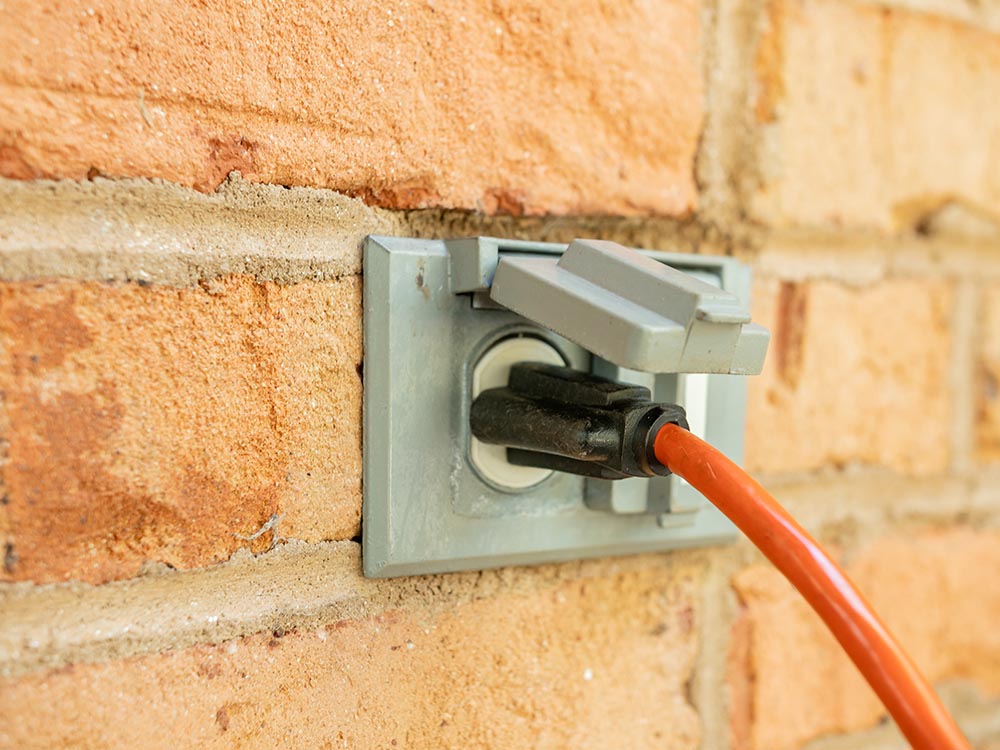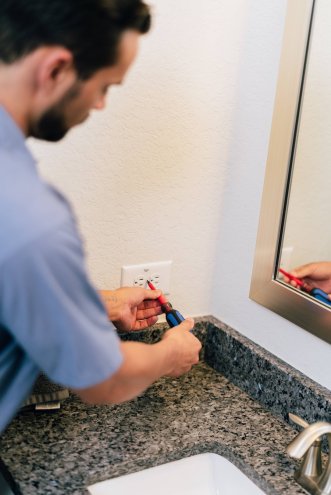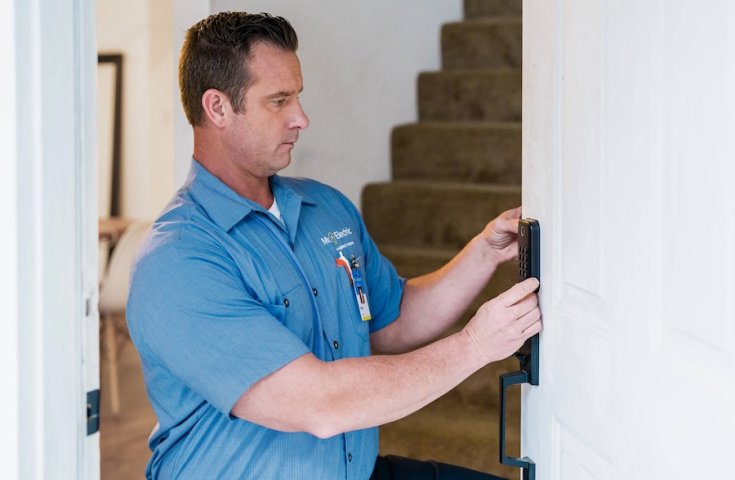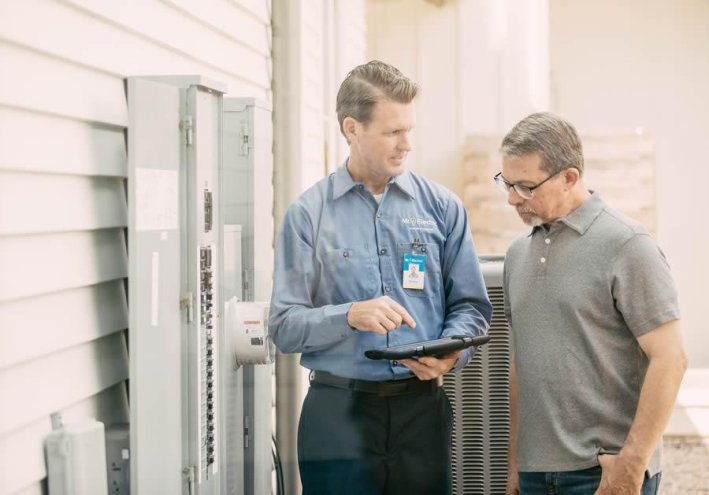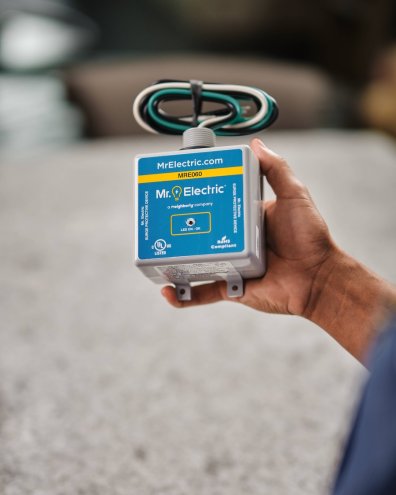Outdoor extension cords are incredibly useful for powering lawnmowers, holiday lights, and tools. This guide by Mr. Electric will help you understand how to use outdoor extension cords safely, avoiding the need for electrical repair service.
Choosing the Right Extension Cord
Not all extension cords are created equal. When working outside, always use cords designed specifically for outdoor use. Look for labels like "outdoor" or "weather-resistant" to ensure you get the right kind.
The length and gauge of the cord are also important. Longer cords create more resistance, which can lead to overheating. Thicker cords have a lower gauge number and are better for heavy-duty tools or equipment. Consulting an electrician in Littleton, CO is smart if you’re unsure which card to use. They can provide expert advice tailored to your needs.
Inspect Your Cord Before Use
Before plugging in your outdoor extension cord, give it a quick check. Look for signs of wear and tear, such as cracks, frayed wires, or exposed metal. Using a damaged cord is dangerous and can result in electric shocks or fires. If you notice any issues, replacing the cord or contacting an electrical repair service for assistance is best.
In addition to checking the cord itself, inspect the plugs and outlets. Make sure the connections are clean and free from debris. Dirt or moisture can cause short circuits, harming your equipment or leading to serious accidents.
Proper Setup and Use
Setting up your extension cord correctly is key to staying safe. Always lay the cord flat and avoid looping or coiling it tightly, which can create heat buildup. Secure the cord to prevent tripping hazards, especially in high-traffic areas.
When plugging in your cord, ensure it’s connected to a Ground Fault Circuit Interrupter (GFCI) outlet. These outlets are designed to shut off power if there’s an imbalance, protecting you from electric shocks. Consider scheduling an electrical inspection if you’re unsure whether your outdoor outlets have GFCI protection.
Avoid overloading your extension cord by plugging in too many devices. Check the cord's wattage rating and ensure your equipment's combined power doesn’t exceed its limit. Overloading can cause overheating, which may result in a fire.
Protect Your Cord From the Elements
Even though outdoor extension cords are built for rough conditions, they still need protection. Avoid exposing the cord to standing water or heavy rain. Water and electricity don’t mix; using a wet cord is extremely dangerous.
Elevate your cord off the ground or use cord covers to keep it dry. If you’re working in snowy or rainy conditions, consider using a weatherproof box to shield the connection points. For longer-term outdoor setups, like holiday lights, unplug and store your cords when not in use.
Store Your Extension Cord Safely
When you're done using your extension cord, store it properly to extend its lifespan. Disconnect it from the power source and carefully coil it without twisting or tangling. Keep it in a cool, dry place away from direct sunlight and extreme temperatures. Damaged cords can be a safety hazard, so proper storage is essential to prevent unnecessary wear and tear.
Contact an electrical repair service if you notice repeated issues with your cords or outlets. They can help you identify underlying problems and recommend safe solutions.
Know When to Call a Professional
Even with careful use, there are times when you’ll need expert help. For example, consult an electrician if you plan a large outdoor project requiring multiple extension cords or heavy-duty equipment. They can help design a safe power setup that meets your needs.
Similarly, schedule an electrical inspection if your outdoor outlets are not working properly. A professional can check your system for hidden issues, like faulty wiring or overloaded circuits, and ensure everything is up to code. Regular inspections are an essential part of keeping your home safe.
Mr. Electric
Outdoor extension cords are valuable tools that require careful handling to avoid accidents. Always choose the right cord for your needs, inspect it before use, and follow safe practices during setup. Protect your cords from the elements and store them properly when not in use.
If you ever feel unsure about your setup or encounter persistent issues, don’t hesitate to call an electrician or schedule an electrical inspection. Mr. Electric can help you address problems and provide advice tailored to your situation. By following these tips, you can enjoy the convenience of outdoor power while keeping yourself and your home safe.


